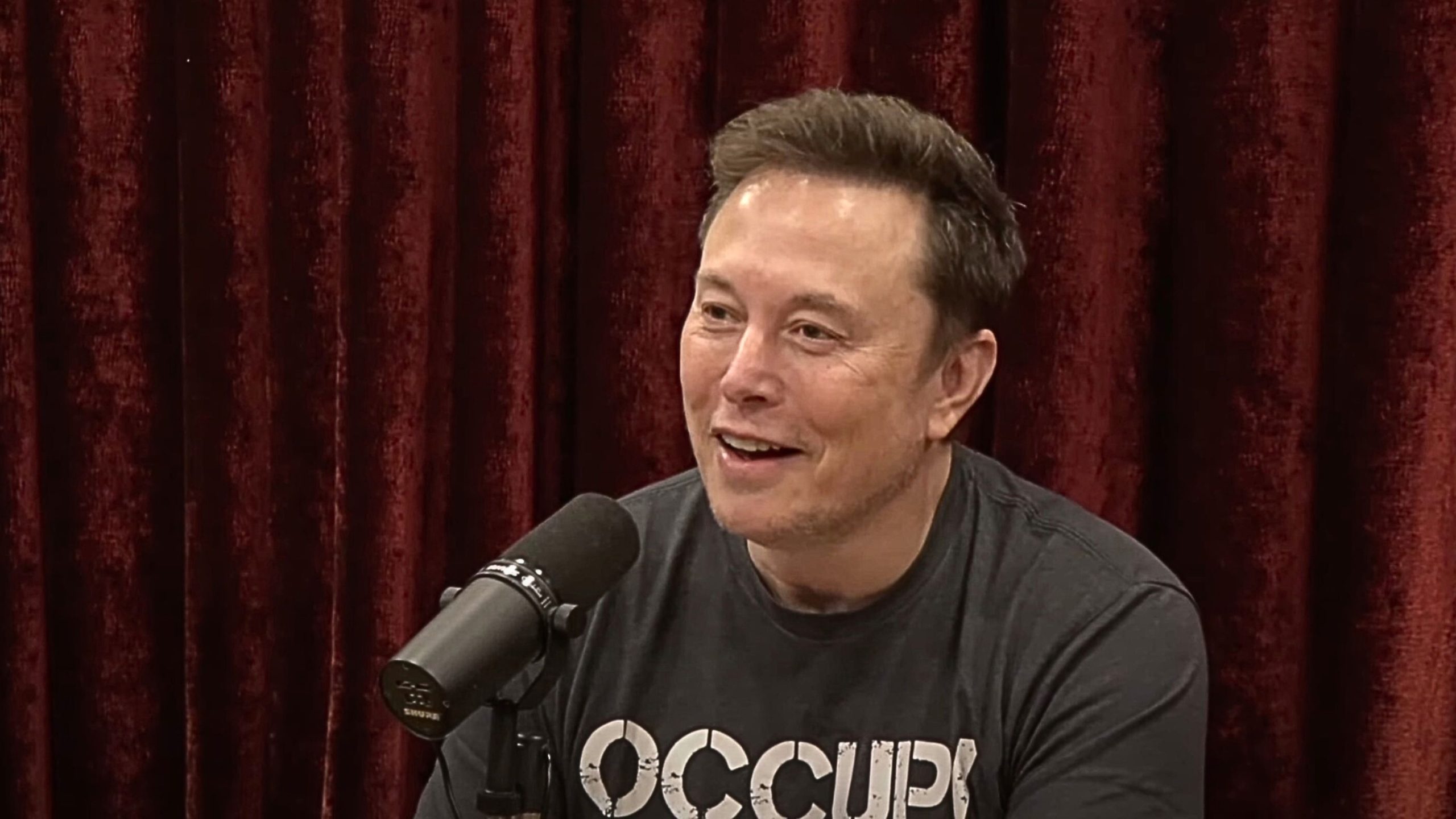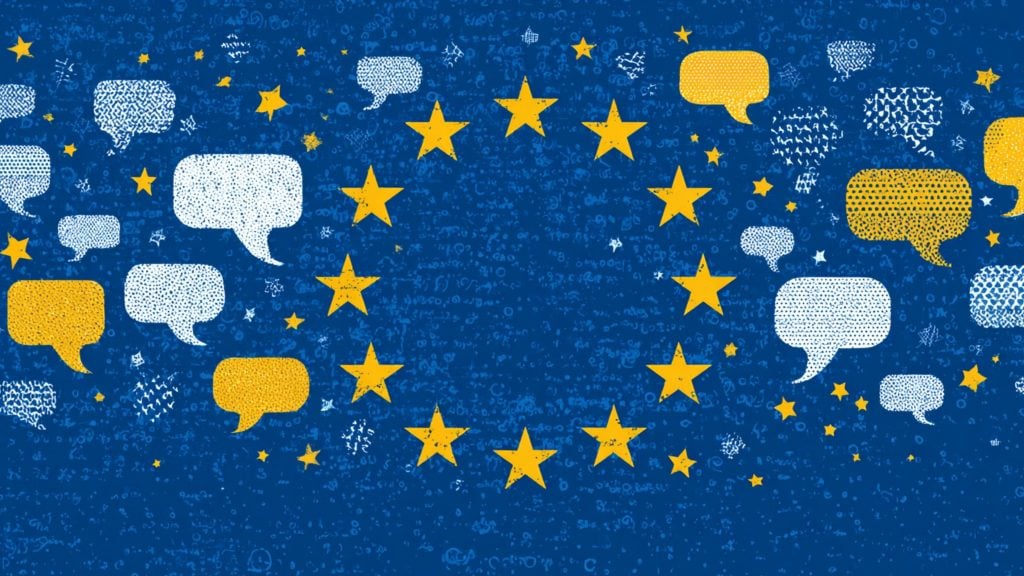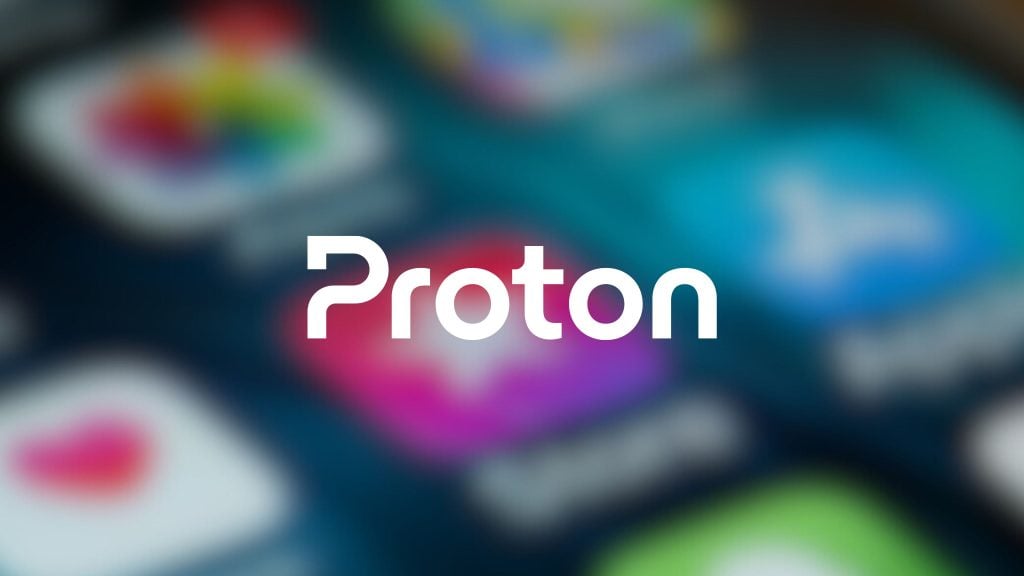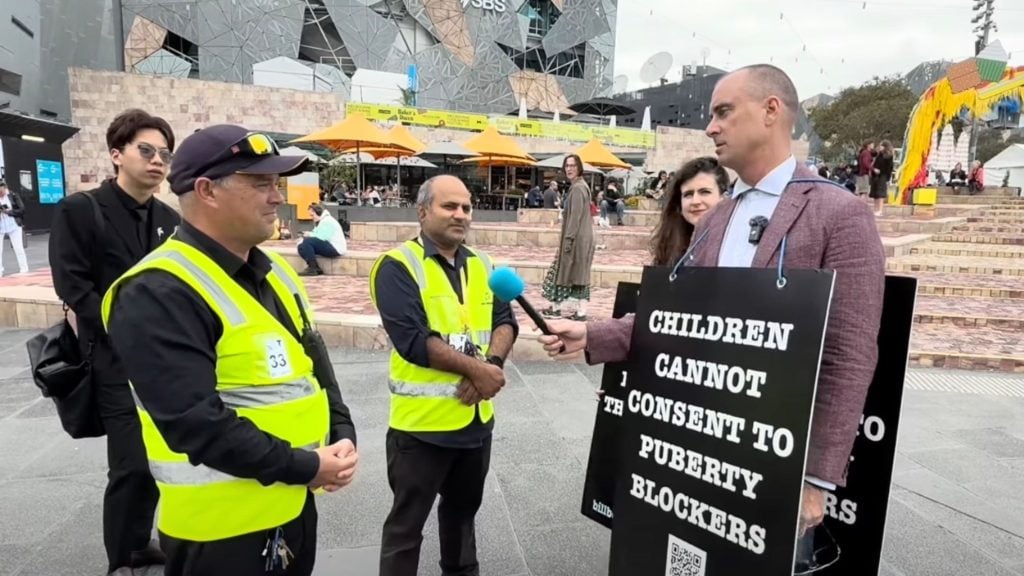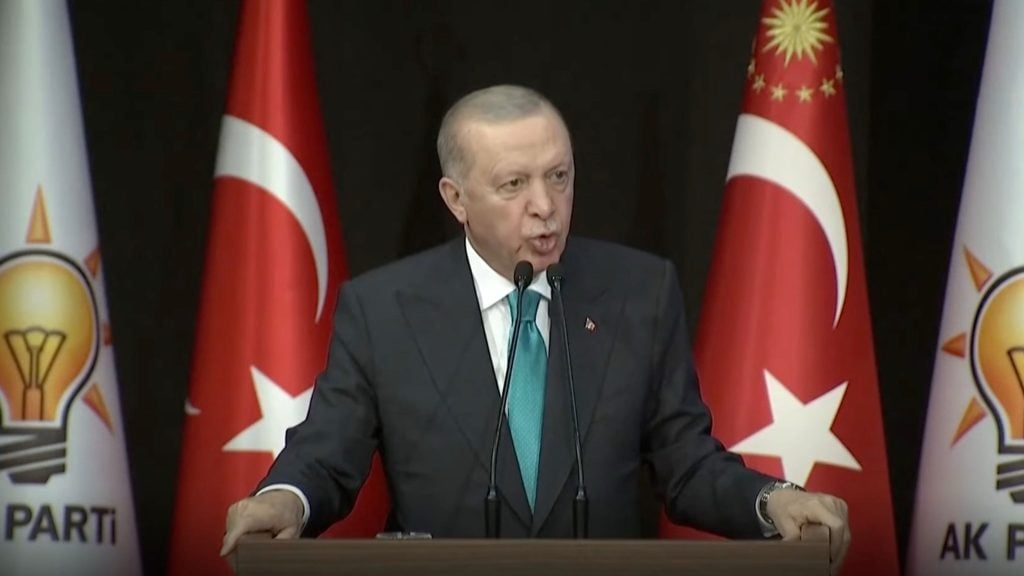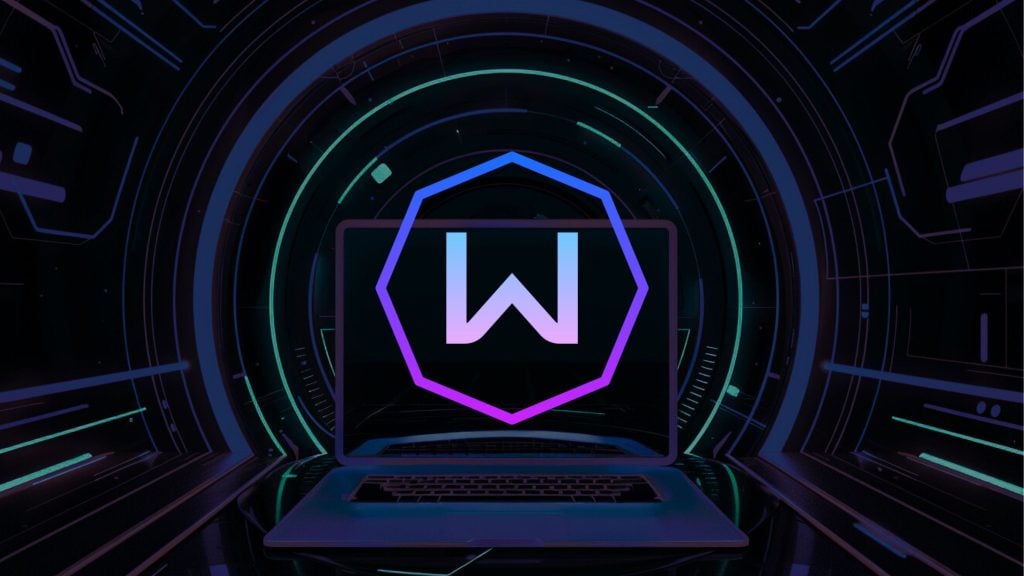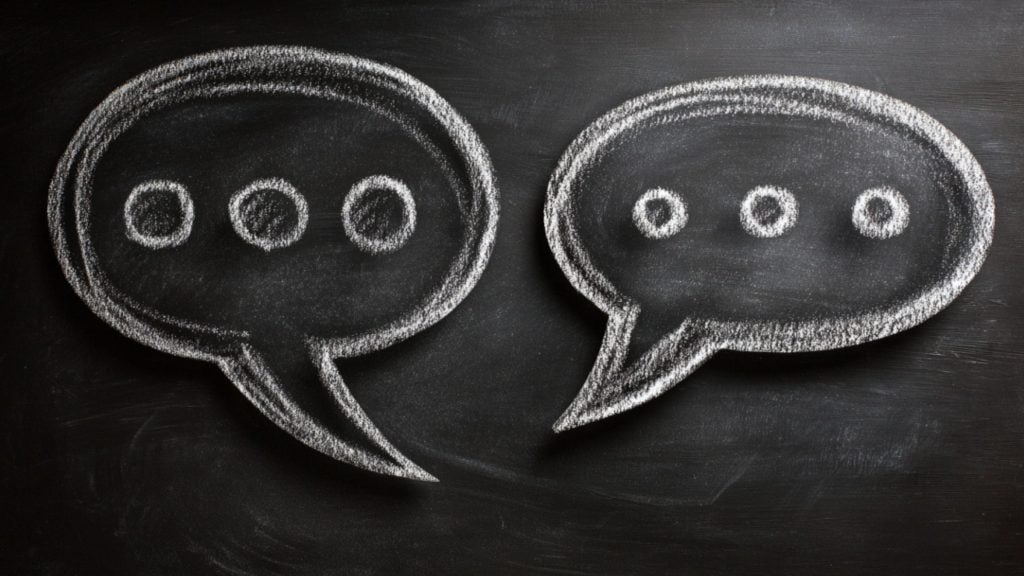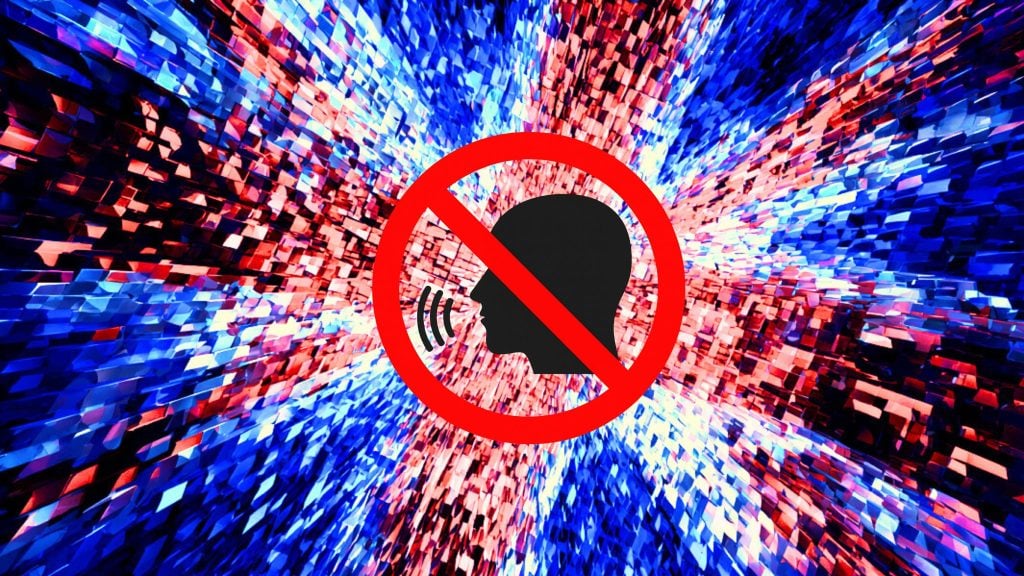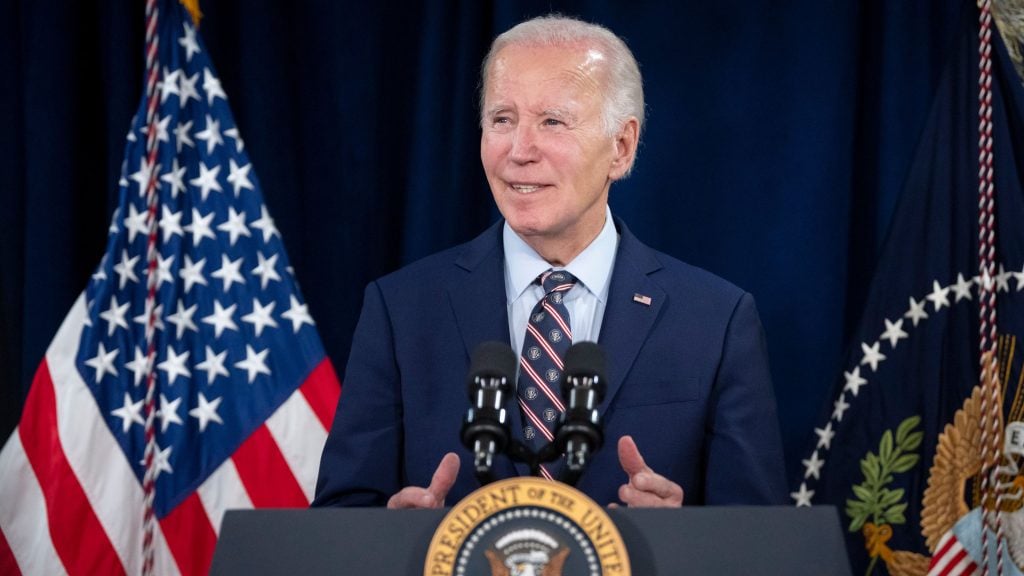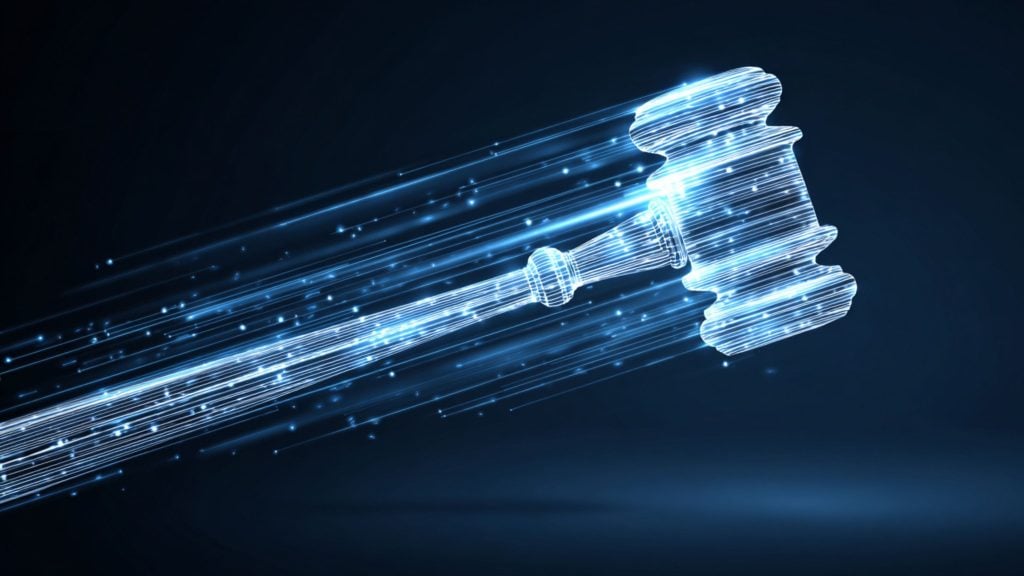In a new episode of The Joe Rogan Experience, Elon Musk shared insights into his motivations for acquiring Twitter (now X) and the implications for free speech, calling the platform’s previous approach “insane” and highlighting its shift under his leadership. Musk said he felt a duty to buy Twitter, suggesting that without his intervention, “we’re screwed.”
Rogan praised Musk, expressing gratitude for what he saw as a stand against censorship. He credited Musk’s decision as a “fork in the road” for free expression, allowing more transparency into practices of “suppressing information.”
Musk echoed this, noting he had been “attuned” to suspicious shifts in the platform’s operation long before the acquisition. “I was the most interacted-with user on Twitter… If they change the system, I can tell immediately,” he said, adding that the platform’s decision to deplatform then-president Donald Trump was “insane.”
Musk also detailed the extent of the FBI’s involvement in Twitter’s past operations, revealing startling practices that he believes violate constitutional principles. He described a “magic portal” that the FBI had into Twitter’s system, allowing federal agents to communicate directly with the platform’s moderators and request content be removed or suppressed. Even more concerning, Musk added, was that all communication through this portal was automatically deleted after two weeks, in violation of federal Freedom of Information Act (FOIA) regulations. “It’s flat-out illegal,” Musk asserted, stressing that such erasure of communication prevented public oversight and accountability. He argued that the FBI’s covert access exemplifies the overreach and manipulation of information that he sought to end by taking ownership of the platform.
Musk delved into the government’s role in content control, mentioning the “Twitter Files” exposé, which shed light on government requests to remove certain posts or reduce their visibility on Twitter. “There was massive government interference in Twitter,” Musk noted. He explained that Twitter, at the time, had welcomed this influence, even receiving payments for content moderation services. Musk criticized this as “unconstitutional,” calling it a significant threat to open discourse.
Discussing advertiser boycotts, Musk explained that X continues to face financial struggles, largely due to organized boycotts from activist organizations. “We had and still have a massive advertiser boycott,” he said, lamenting how “a bunch of left-wing NGOs” pushed for companies to halt their ad spending on the platform.
“One of the most important forms of journalism is exposing government corruption,” Rogan stated, underscoring his stance that no entity—government or corporation—should have unchecked control over the flow of information.

